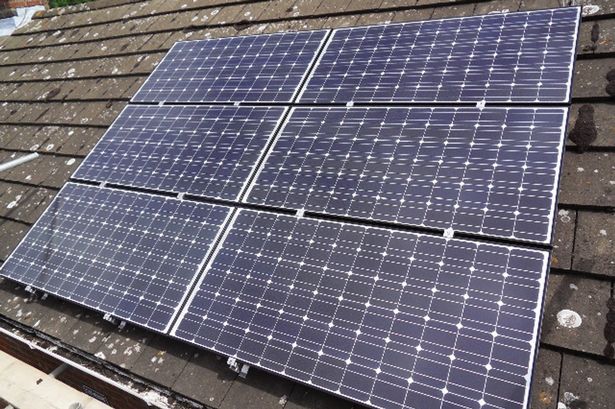
by Zahra Nurmohamed | Sep 2, 2016 | Community Power, Energy Literacy and Education, Energy Policy, Green Businesses and Economy, Renewable Energy Co-ops
The following are summaries from the Community Power Report, which regularly posts stories on community-based renewable energy projects talking place all around the world. New Hawaiian law makes it easier to finance co-ops June 29, 2016 A new Hawaiian bill...
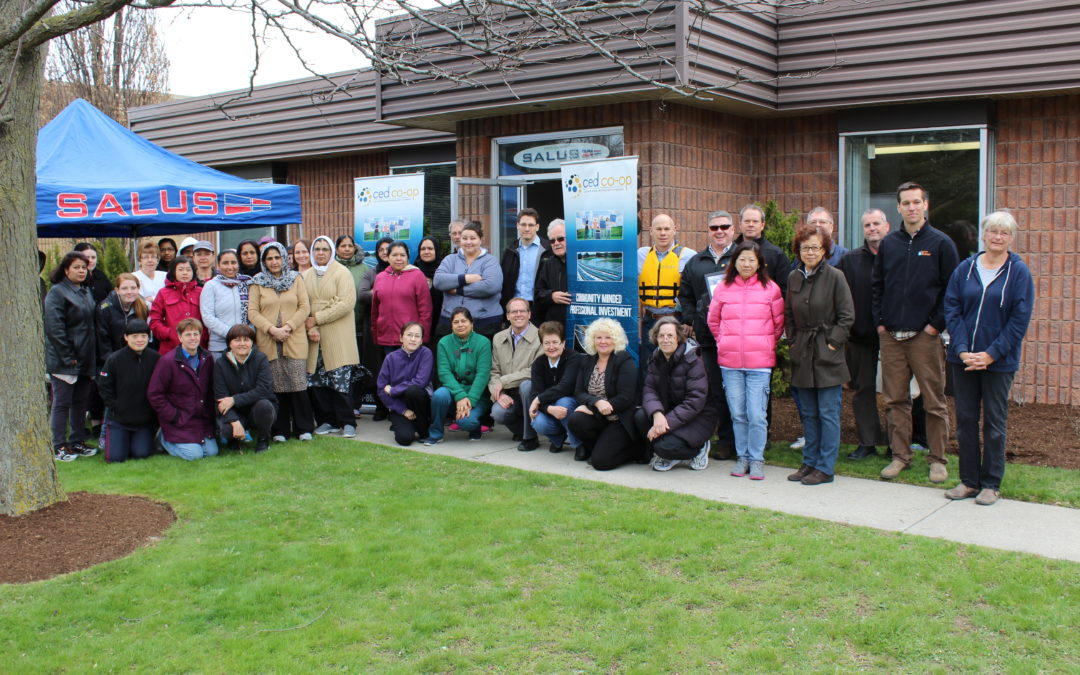
by Zahra Nurmohamed | Jul 22, 2016 | Community Power, Interviews, Renewable Energy Co-ops
TREC’s recently published report, The Power of Community explores the economic, environmental, and social benefits of locally owned and operated renewable energy initiatives. In general, community owned renewables lead to higher job creation; stronger economic impacts...

by Zahra Nurmohamed | Jul 21, 2016 | Interviews, Renewable Energy Co-ops
TREC’s recently published report, The Power of Community explores the economic, environmental, and social benefits of locally owned and operated renewable energy initiatives. In general, community owned renewables lead to higher job creation; stronger economic impacts...
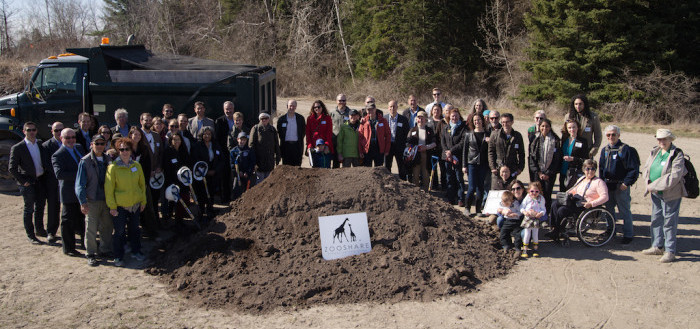
by Firas Khalifeh | Jul 20, 2016 | Community Power, Interviews, Renewable Energy Co-ops, Uncategorized
TREC’s recently published report, The Power of Community explores the economic, environmental, and social benefits of locally owned and operated renewable energy initiatives. In general, community owned renewables lead to higher job creation; stronger economic impacts...
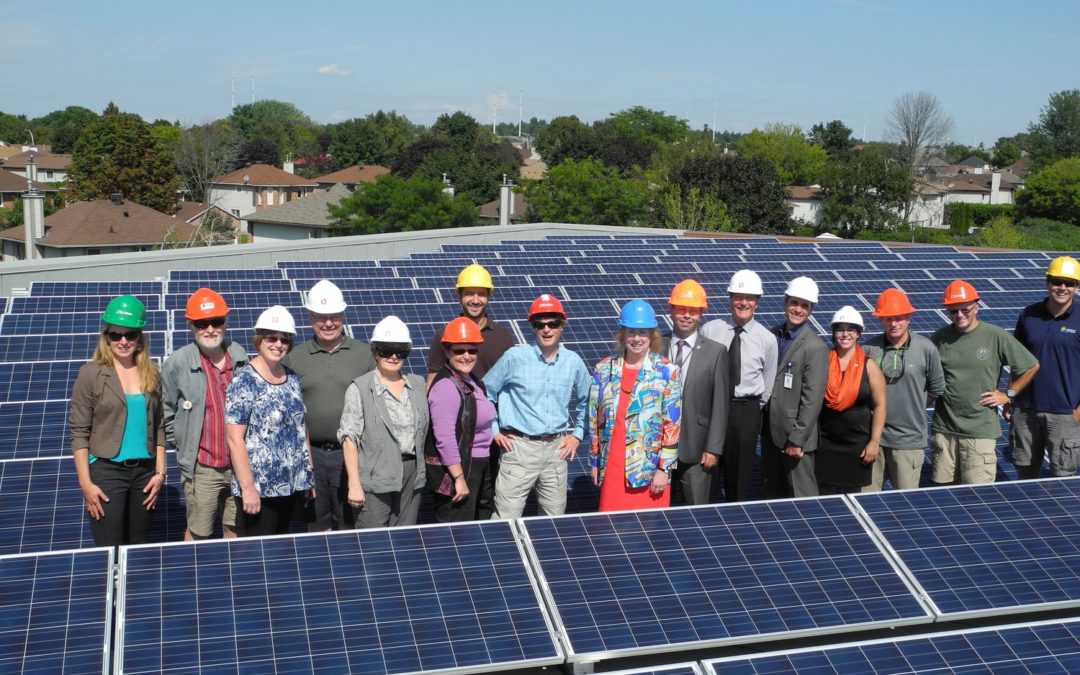
by Zahra Nurmohamed | Jul 19, 2016 | Community Power, Interviews, Renewable Energy Co-ops
TREC’s recently published report, The Power of Community explores the economic, environmental, and social benefits of locally owned and operated renewable energy initiatives. In general, community owned renewables lead to higher job creation; stronger economic impacts...
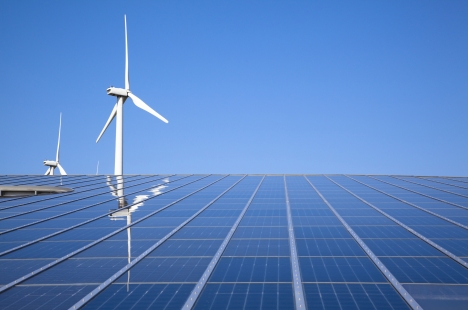
by Zahra Nurmohamed | Jun 16, 2016 | Community Power, Renewable Energy Co-ops
Worldwide, nearly half a billion people lack electricity everyday. In a country like India, that equates to nearly a quarter of the population. Vast majorities of people without access to electricity live in rural areas, where connection to the tradition grid system,...







